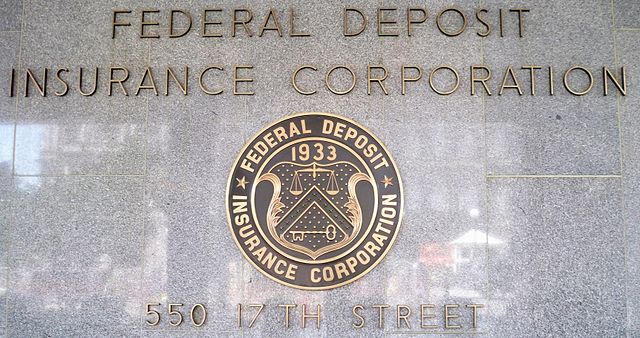The collapse of Signature Bank has raised concerns about the role of cryptocurrencies in the banking sector. Inadequate management and insufficient liquidity were the primary reasons for the bank's downfall. Still, FDIC Chairman Martin Gruenberg believes that a better understanding of the risks associated with digital currencies could have prevented the swift decline. The recent failures of Silicon Valley Bank (SVB) and Silvergate Bank have intensified these concerns, prompting discussions within the United States House of Representatives Financial Services Committee.
Inadequate management and insufficient liquidity have been identified as key contributors to the downfall of Signature Bank. FDIC Chairman Martin Gruenberg, however, believes that a deeper understanding of the risks associated with cryptocurrencies could have prevented the bank's rapid decline.
Gruenberg highlighted the recent collapses of SVB and Silvergate Bank during a hearing on the Oversight of Prudential Regulators held by the United States House of Representatives Financial Services Committee. These events resulted in plummeting stock prices and subsequent withdrawal of deposits from other banks. The FDIC's leading risk officer stated that poor management was the fundamental reason for "Signature Bank's failure," emphasizing its lack of measures to safeguard its reliance on uninsured deposits.
Greg Becker, the former CEO of SVB, attributed the bank's demise to rising interest rates, even though regulators and banking experts argue that deposit runs are among the main causes of bank failures.
According to Becker, no bank could withstand a bank run of that speed and scale. Gruenberg disclosed losses of more than $16 billion and $2.4 billion resulting from the fallout of SVB and Signature Bank, respectively. Despite the recent events, an initial investigation by the United States Government Accountability Office denied linking Signature Bank's failure to its vulnerability to cryptocurrencies.



























Comment 0